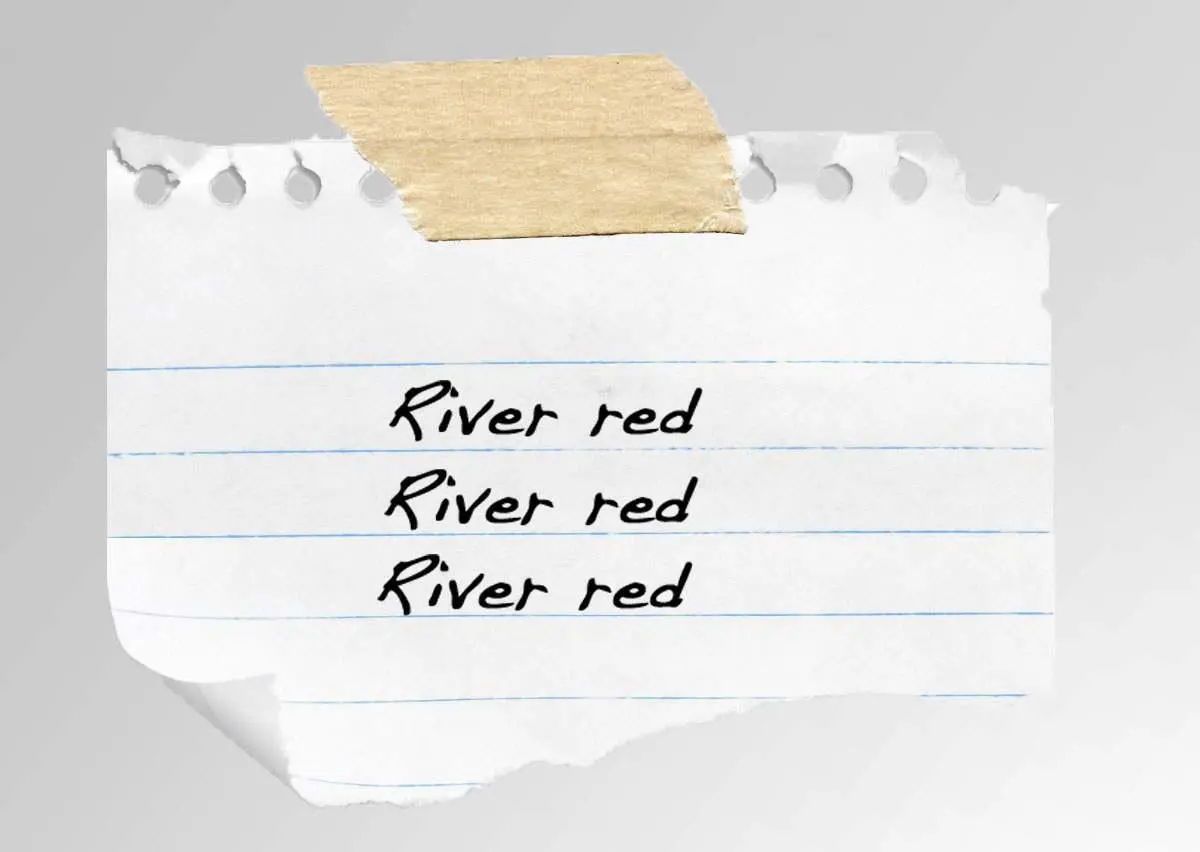“Strange thing,” I said. “Besides CJ, I haven’t met any of them.”
“Small town,” he said with a smile and a wink. “Word travels faster than spit through a straw around here. So how can I help you?”
I got right down to it. “Do you believe Ronald Lucas was innocent?”
“Absolutely,” he said without hesitation.
“Can you tell me why?”
“There was information that never made it into the courtroom. Things that would have made all the difference in the world.”
“The evidence that went missing…and the girlfriend’s alibi?”
He paused a beat, then nodded. “You’ve spoken to Nissie, I take it.”
“I have.”
His mouth slid toward a frown, and he let out a long sigh. “Unfortunately, I didn’t find out about Emma’s note until it was too late.”
“His intentions were noble.”
“Noble, yeah, but also pretty foolish. And the real tragedy is that he didn’t need to hide that alibi note at all. As far as the kid went, we probably could have remanded custody to Nissie and kept her away from Emma’s husband—especially since it turned out she didn’t even belong to him. Unfortunately, Ronnie was too unsophisticated about the laws and how they worked to know better. And a bit paranoid. I could hardly blame him after what he’d been through.”
“And the other evidence?”
“Well, I’m sure Nissie told you about our mailman.”
I nodded.
“But there’s even more that she didn’t tell you. Did you happen to hear about the D.A.’s dramatic performance in court? The one with the window and the much-celebrated Nathan Doll?”
“CJ told me something about that.”
“Very impressive, a real showstopper, but more smoke and mirrors than anything else, because what they failed to mention during their big production number was that a key piece of evidence went missing. Evidence that would have proven their little dog-and-pony show completely meaningless.”
“Really,” I said, leaning forward. “Tell me about it.”
“A fresh shoe print found in the dirt just below that famed windowsill.”
“Whose was it?”
“Not Ronnie’s, that’s for sure. He wore a nine and a half, and this was an eleven.”
“So who’d it belong to?”
“Don’t know. Never got the chance to figure it out since the plaster mold mysteriously got lost on its way to trial. I didn’t find out about it until years later. Believe me when I say that if I’d known sooner, I would have been all over it like white on rice.”
“How does that happen? Evidence just disappearing like that.”
“Well,” he said, leaning back in his chair and gazing toward the ceiling, “the story went that someone screwed up, but I think someone covered up. That print was part of the evidence that initially went missing, only it never came back with the rest of the stuff. Odd that it was the one thing that could have cleared Ronnie.”
“How’d you find out about it?”
“At the Alibi bar, of all places. I overheard some blabbermouth talking one night. You know the type—five hundred words per minute with gusts up to a thousand. She worked for the sheriff’s department and was letting off steam, I suppose, telling everyone about it. At first I thought it was just a bunch of mumbo jumbo—you know, false bravado fueled by liquid courage. But when I looked deeper, it all checked out.”
“Any idea who lost it?”
“One of Lindsay’s flunkies at the time, guy by the name of Flint Newsome was in charge of the evidence when it went missing.”
“So where did it go during the time it was lost?”
He shrugged, lifted both hands, palms up. “Don’t know. Not sure anyone does, really.”
“Suspicious.”
“As a pink fur coat,” he said, eyeing me, nodding slowly. “Indeed.”
“And odd, too, that the shoe print was never reported missing. Don’t you think?”
“Not really. I mean, they had a … situation on their hands.” He made quotation marks in the air with his fingers. “So what do they do? Well, the short answer, and the easiest one, is to turn over what they have and keep their mouths shut about what they don’t. Then pray to God it all works out.”
I thought about Jerry Lindsay and his defensive posture.
He continued, “As far as I’m concerned, the whole thing stunk like someone’s rotten trash. They sent an innocent man to the electric chair. That’s murder on top of murder in my book.”
“What about the shoe?” I said. “Can you tell me anything more about it?”
“It was a boot, actually, and like I said, size eleven. Tony Lama was the brand, I believe. They knew that because of the logo on the heel. That’s what I believe Blabbermouth said.”
A cowboy boot. I thought about it, then reminded myself that this was Texas; no shortage of those here. But it seemed a lot of coincidences were beginning to stack up, all of them pointing right to the man who called himself Michael Samuels.
I said, “The guy who lost the evidence, this Flint…”
“Flint Newsome.”
“He still around? Can I find him?”
Jackson nodded. “Lives in a trailer up on Highway 72. I’m not sure there’s even a real address. You could probably stop by the Texaco station off the 24 exit, just before Springfield, talk to Judy there. She knows everyone.”
“What about tracking him down at work?”
“He got fired from the sheriff’s department after the whole mess, then became a permanent employee of the state.”
“Doing what?”
“Collecting unemployment, disability, and anything else he could get his hands on. I’ll tell ya’, that boy’s dirtier than tank water.” He shook his head. “A real ne’r-do-well, that one.”
“Ever talk to him about the evidence?”
“No reason to. By the time I got wind of all this, Ronnie had already been executed. Can’t un-ring that bell. What’s done is done, I’m afraid. Besides, the more I find out about this case, the less I like…and then I just get upset all over again.” He picked up a paperclip, bent it in half, then tossed it back onto his desk. “Ronnie’s dead, and he shouldn’t be. That’s the bottom line. It’s a hard pill to swallow, and believe me, I choke on it every single day.”
“One last thing,” I said. “Does the name Michael Samuels mean anything to you?”
He shook his head. “Why?”
“Nothing,” I replied. “Just wondering.”

Chapter Twenty-Six

When I was two, I fell on the playground, hit my head, and left a twenty-foot trail of blood along the concrete. By the time I arrived at the hospital, they pronounced me dead on arrival, and it took a team of doctors to bring me back. Twice. This was what my Uncle Warren told me—it’s how they discovered I had Van Willebrand Disease, the one thing we have in common.
There’s never been much else.
Being a bleeder was my illness, but like everything else, my mother managed to make it all about her. Having a son who was vulnerable, who required medical care, was the perfect springboard for taking her plunge into the pool of self-pity. She complained to me, complained to neighbors, complained to anyone who would stand there and listen. Before I knew it, I was the kid with The Disease, the one everyone had to be careful around. After all, I could bleed to death.
That label spelled social death for me. It didn’t just set me apart from the crowd—it moved me to the other side of the map.
Читать дальше














